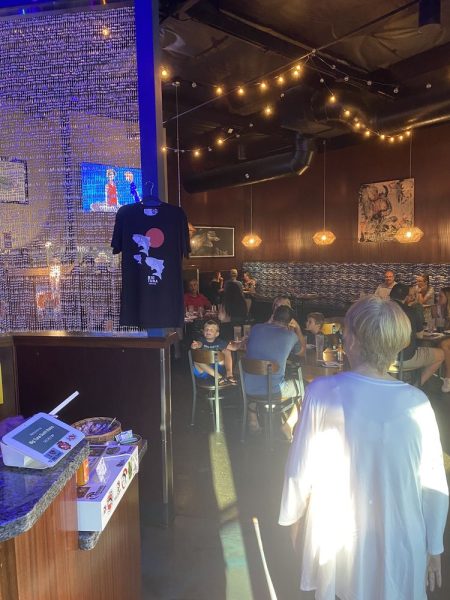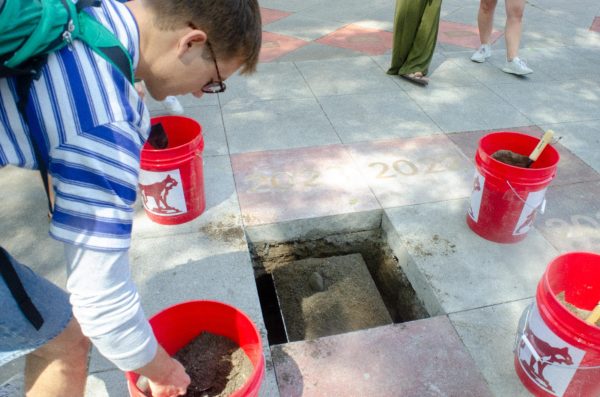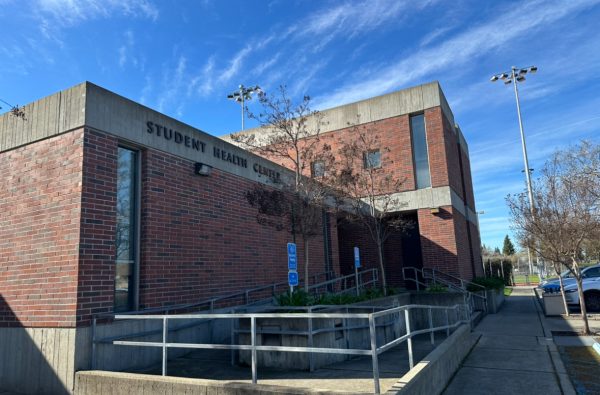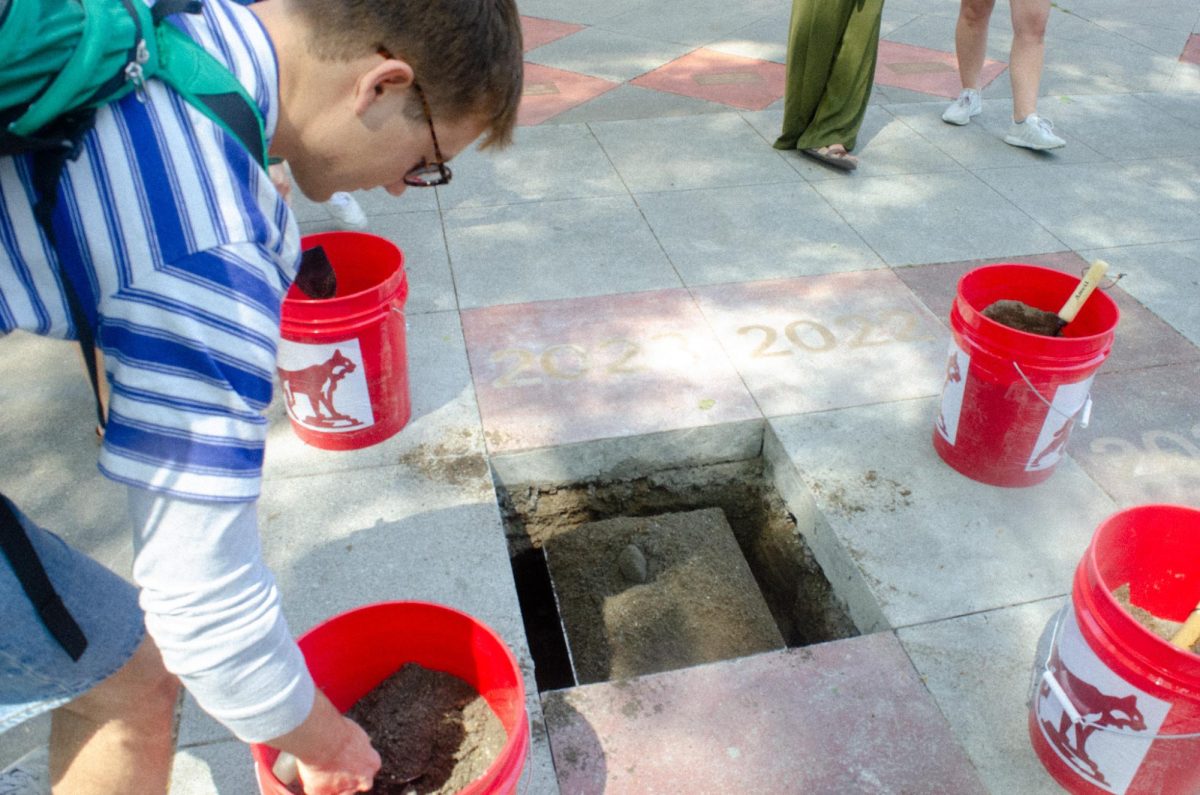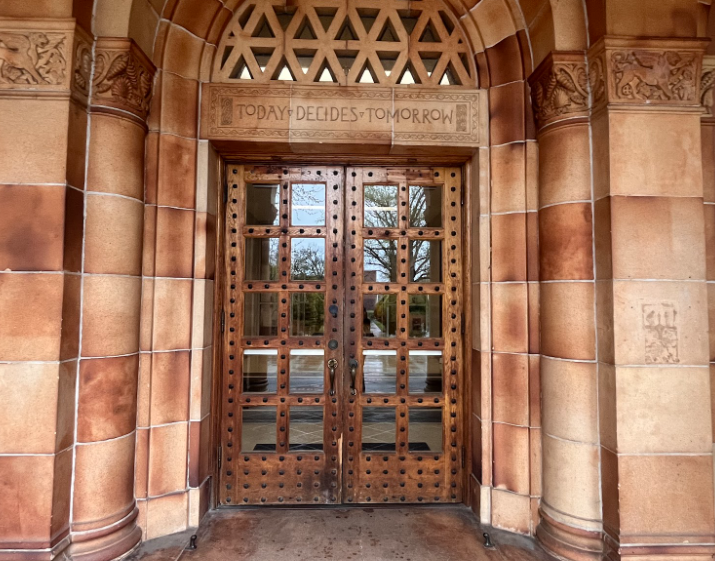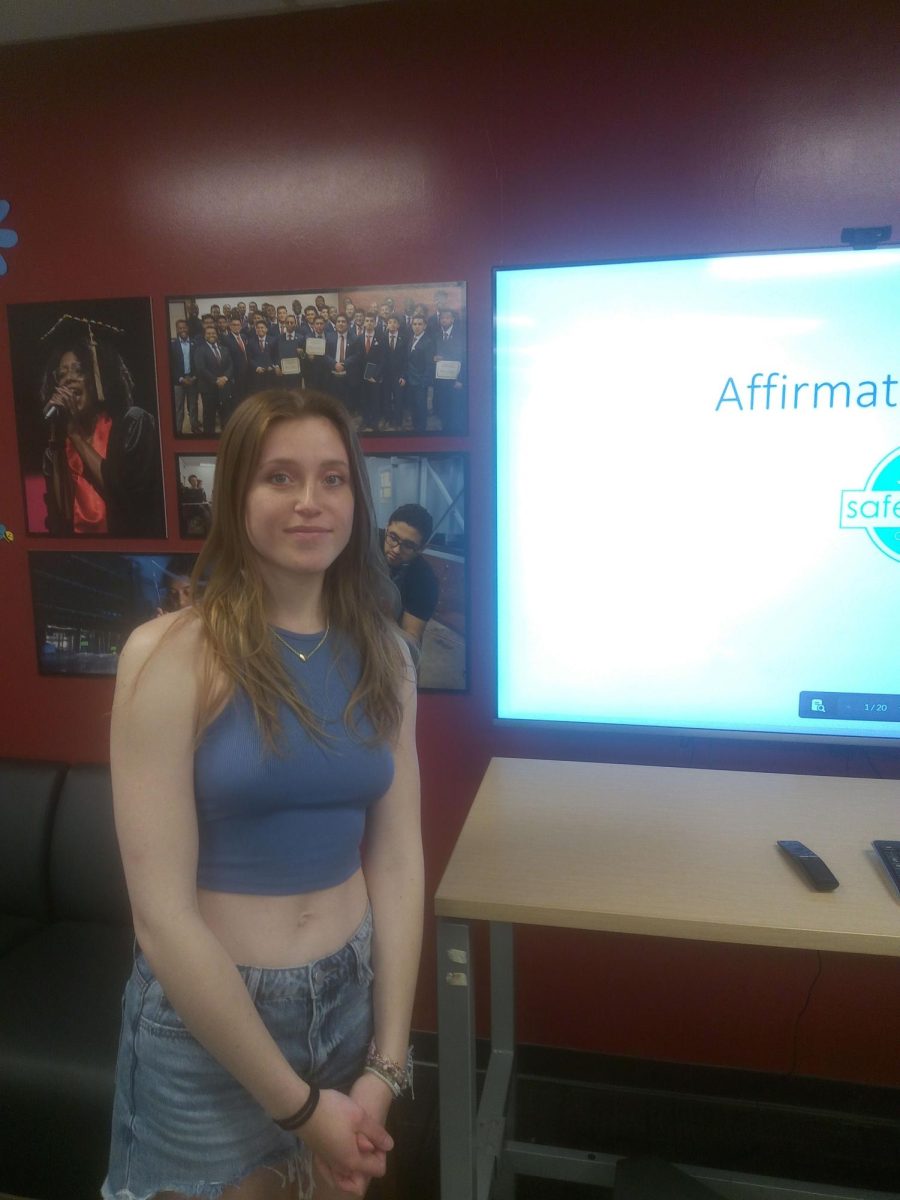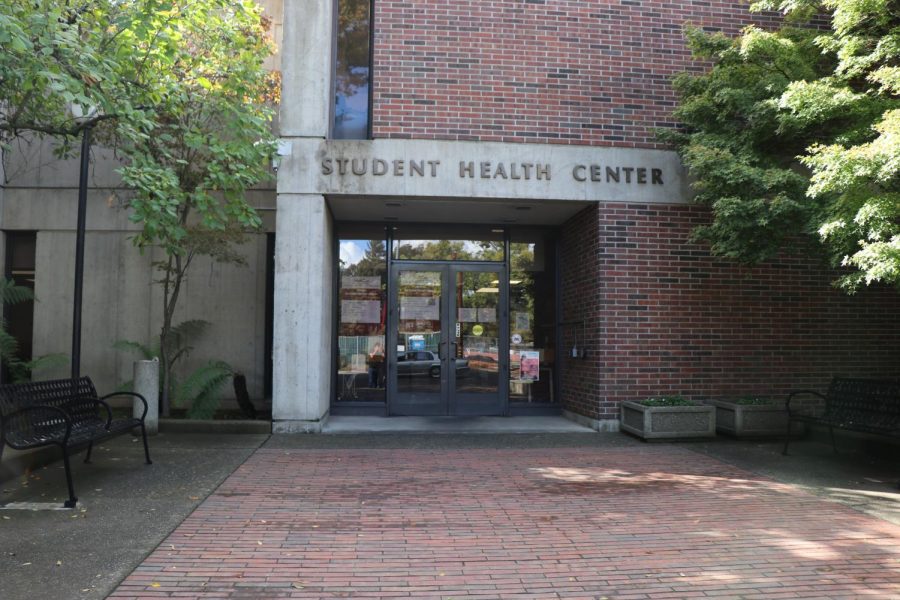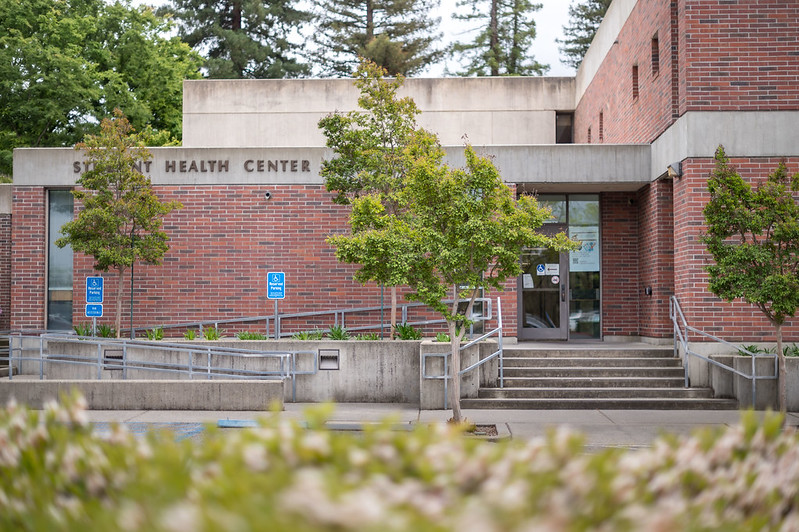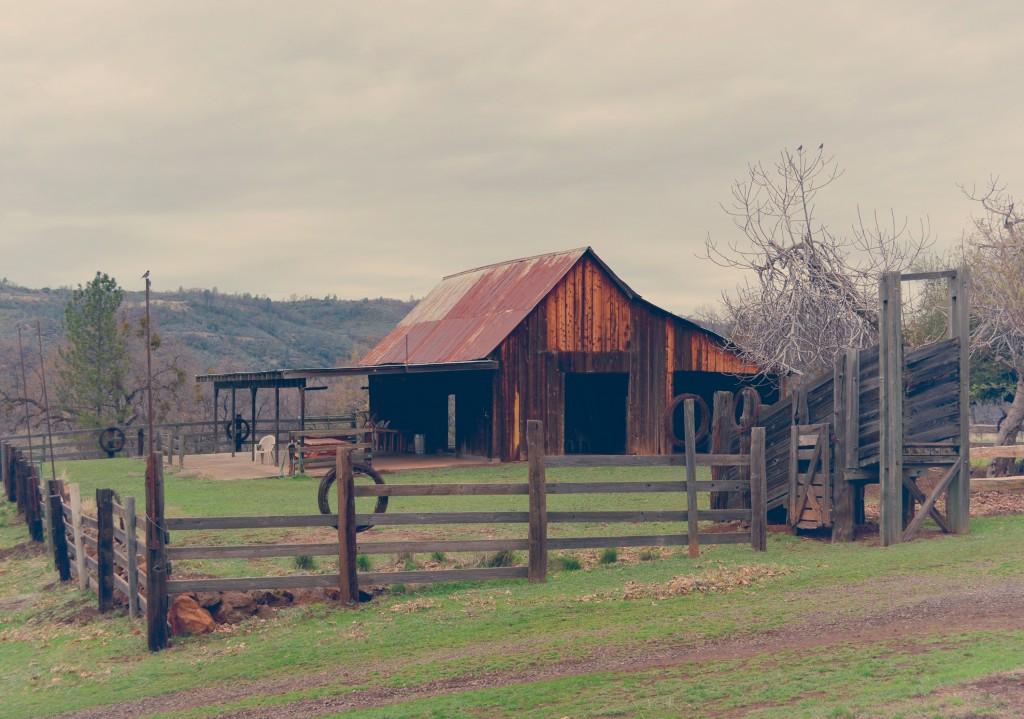
Due to safety and staffing concerns, a university-run wildlife preserve closed down many of its research and educational programs last week.
The Big Chico Creek Ecological Reserve, a 4,000-acre natural habitat protection and research facility ten miles from campus, cut most of its K-12 programs and has limited university student research, said Jeff Mott, the reserve’s manager.
Last October, a deck collapsed during a conference that was being held at the Big Chico Creek Ecological Reserve, Mott said.
Several people were injured when the deck gave way but all have since been released from the hospital, said Chico State President Paul Zingg.
After the collapse, Zingg said he took management of the facility away from the Institute for Sustainable Development and turned it over to a three-person committee made up of Catherine Thoma, executive director of the university research foundation, Lorraine Hoffman, vice president of business and finance, and Karla Zimmerlee, Zingg’s chief of staff.
“We have to do a thorough risk management assessment of policies, practices, conditions to make sure whomever is up there, students, faculty, neighbors, visitors are in as safe an environment as possible,” he said.
One of the programs being cut is the Outdoor Classroom program that provides wildlife and Native American cultural education to about 1,000 fourth and fifth grade students in the Chico school system each spring and fall, Mott said.
Scott Huber, coordinator for the program, has decided to take a full time position elsewhere, said Chico State President Paul Zing.
While the university plans to fill the position, no one is currently leading the program this spring, he said.
University research at the reserve has also been severely limited this semester due to the fact that university students must now be chaperoned by a supervisor, meaning Jeff Mott or one of a few other certified Chico State professors, when conducting research at the facility, Mott said.
“We used to be able to just issue them a radio in case they needed any help, otherwise they were free to conduct research on the reserve grounds,” he said.
University research included owl and snake tagging that provides data for a national effort to understand the habitat and migration patterns of certain animals, said Mott.
The current committee in charge of overseeing the ecological reserve gave certain sets of recommendations regarding the reserve including a recommendation to increase the university’s financial commitment to the reserve by providing funding for programs such as Outdoor Classroom as well as for safety concerns such as new gates and roads, Zingg said.
Another recommendation was to turn management of the reserve over to another non-university entity, he said.
The university is considering all options but will most likely retain management of the reserve, Zingg said.
A few of the reserve’s programs are still ongoing during the assessment period including certain Chico State field trips, chaperoned university student research, and the hunting program which is run in collaboration with the fish and game association, Mott said.
Most of the funding for the reserve came from grants and donations with very little coming from the university. Because many of the programs are not running this spring, the ecological reserve cannot currently apply for the same donations and grants that have funded it in the past, he said.
There are concerns about the future of the programs offered at the reserve, said Colin Stokes, a volunteer for the reserve.
“The amount of programs and work being done here was only expanding,” he said. “Now I’m just interested to see which programs make it back next year.”
Eric McCauley can be reached at[email protected] or @theorion_news on Twitter.
